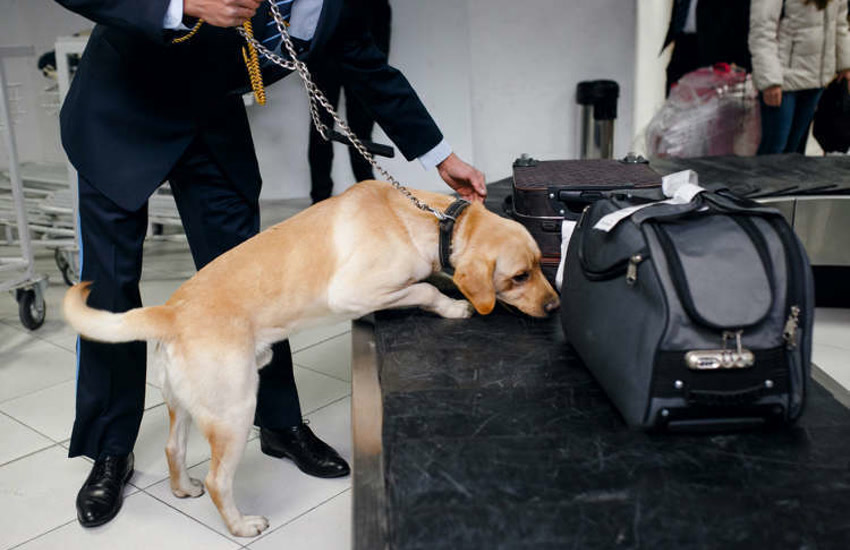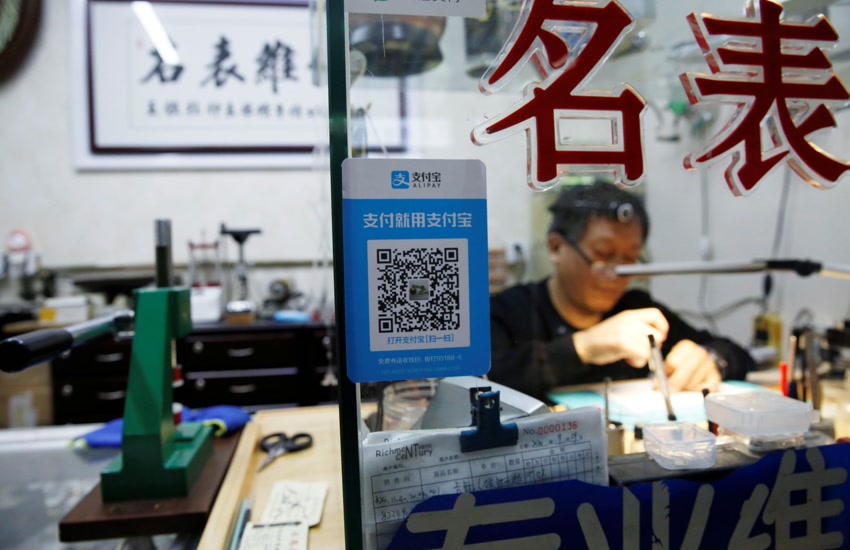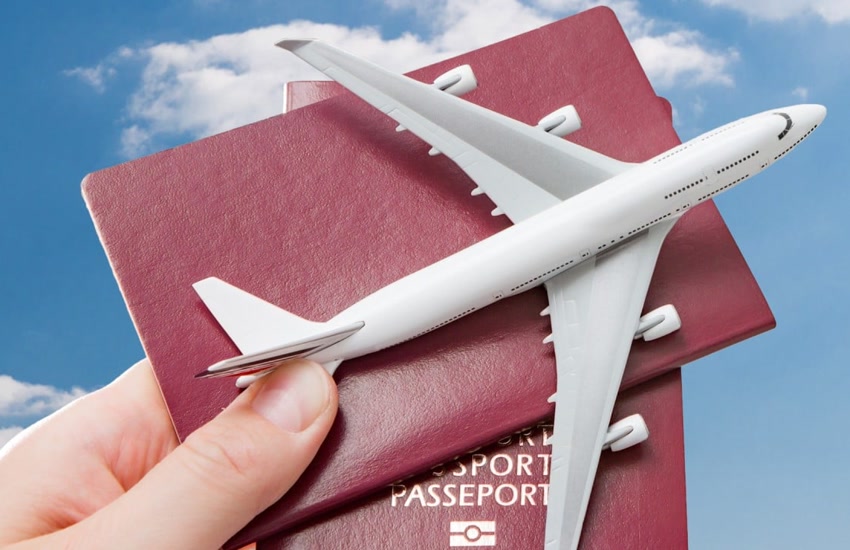
Ni hao, fellow travelers!
China, a land of ancient wonders and modern marvels, beckons with its rich history, diverse landscapes, and vibrant culture.
Perhaps you’re dreaming of a trip itinerary that includes the Great Wall of China walk or exploring the bustling streets of Beijing and Shanghai.
Navigating China: What is Prohibited in China for Tourists?
But before you pack your bags and embark on this incredible adventure, it’s crucial to understand what is prohibited in China for tourists to ensure a smooth and trouble-free trip. Maybe you are wondering how long does it take to get to China, make sure to plan accordingly.
As someone who’s spent a considerable amount of time exploring this fascinating country, I’ve learned firsthand the importance of respecting local laws and customs.
This isn’t about scaring you away; it’s about preparing you for a responsible and enjoyable journey. I’ve seen it all, from travelers smoothly navigating the pearl market in Beijing to those unintentionally stumbling into tricky situations. So, let’s dive into a comprehensive guide to help you navigate the regulations and avoid any potential pitfalls. You may even want to join a WeChat group in China to stay up to date.
First Things First: Customs Regulations – What You Can and Can’t Bring In
China has specific customs regulations governing what you can bring into and out of the country. It’s always a good idea to check the latest official guidelines before you travel, as rules can change. A good place to start is the General Administration of Customs of the People’s Republic of China website, although sometimes navigating these sites can be challenging. That’s why I’m breaking down the key points for you here!
Prohibited Items: A Clear No-Go
These items are absolutely forbidden and will likely be confiscated, leading to potential investigations and serious consequences:
- Weapons and Ammunition: This includes firearms, explosives, and even realistic toy guns. Leave them at home. Forget trying to bring your camping gear to China, unless you want it confiscated.
- Counterfeit Currency and Securities: This is a global no-no, and China is no exception.
- Pornography and Obscene Materials: China has strict censorship laws. Any materials deemed harmful to Chinese political, economic, cultural and moral interests are prohibited.
- Poisons and Addictive Drugs: This includes illegal drugs like opium, morphine, heroin, marijuana, and other psychotropic substances. Even some over-the-counter medications common in your home country might be restricted, so research beforehand.
- Certain Agricultural Products: Fruits, vegetables, live animals (with limited exceptions for pets), and animal products from regions with prevalent diseases are typically banned to protect China’s agricultural industry and prevent the spread of disease. Soil and genetically modified organisms are also on this list.
- Items Endangering Public Health: Food, medicine, and other articles coming from epidemic-stricken areas or harmful to humans or livestock are prohibited.
What About Declaring Items?
If you’re carrying items that might be subject to duty or fall under specific categories, you’ll need to fill out a baggage declaration form upon arrival. This form requires you to honestly declare any goods that may be subject to inspection. Honesty is definitely the best policy. Make sure to keep the carbon copy as you might need to show it upon exit.
Here’s a breakdown of what you might need to declare:
- Cash: If you’re carrying more than RMB 20,000 in cash or foreign currencies exceeding US$5,000 (or its equivalent), you must declare it. You can also keep track of the money in Chinese letters. If you plan to take the foreign currency out of China at the end of your trip, make sure to get your declaration form endorsed by customs upon entry.
- Personal Items of High Value: Cameras, laptops, and other personal items worth over RMB 5,000 each might need to be declared if you intend to bring them back out of China. This avoids any confusion upon departure and ensures you won’t be taxed on items you already owned.
- Gifts: Personal possessions or gifts intended for relatives or friends in China must be declared if duty is required or if they fall under the restricted categories mentioned above.
Duty-Free Allowances: What You Can Bring Without Paying Tax
Luckily, not everything is subject to scrutiny. China allows certain duty-free allowances for personal belongings, including:
- Personal Belongings: This includes clothing, toiletries, and other essentials. If you’re wondering how to pack for a trip to Beijing, keep the weather in mind, particularly if you’re visiting during winter or autumn. Check out our comprehensive guide on The Ultimate Packing List for Your China Trip: What to Bring (and What to Leave Behind!) for more information.
- Alcohol and Tobacco: You can usually bring in two bottles of liquor and two cartons of cigarettes duty-free. Check the specific quantity limits as they may be subject to change.
- Personal Use Items: Wristwatches, radios, tape recorders, cameras, and similar items are generally allowed for personal use but cannot be sold or transferred to others within China.
Leaving China: What to Declare
When departing China, you’ll need to submit any baggage declaration forms with declared items for customs inspection. If you purchased items in China using RMB converted from foreign currencies, you may be required to show receipts for customs inspection.
Pets: Bringing Your Furry Friend
Bringing pets into China is possible, but it involves a strict process. According to regulations, you can only bring one pet (dog or cat) per traveler. You’ll need to provide a certificate of quarantine and a certificate of rabies vaccination issued by an official of the exporting country or region. Your pet may also be subject to quarantine upon arrival.
What Tourists Can’t Do: Navigating Cultural and Legal Nuances
Beyond customs regulations, there are other aspects of Chinese law and culture that tourists should be aware of to avoid unintentional offenses. Here are some key considerations:
- Respecting Local Laws: This might seem obvious, but it’s crucial to understand that China’s legal system differs from many Western countries. The U.S. State Department has issued travel advisories highlighting the risk of arbitrary enforcement of local laws, including exit bans. Be aware of your surroundings and avoid situations that could be misconstrued. If you’re planning a solo trip to China, this is especially important.
- Political Sensitivities: Avoid discussing sensitive political topics, especially those related to Chinese sovereignty or human rights, in public. Criticism of the Chinese government, Hong Kong SAR or Macau SAR, even in private electronic messages, could lead to detention and/or deportation.
- Religious Activities: While religious freedom is officially protected, unauthorized religious gatherings or proselytizing can be problematic. Stick to designated places of worship and avoid engaging in activities that could be perceived as disruptive or illegal. You can visit the White Horse Temple in Luoyang or the Temple of the Six Banyan Trees in Guangzhou, but be respectful.
- Photography Restrictions: Be mindful of photography restrictions in sensitive areas, such as military installations or government buildings. When in doubt, ask for permission before taking photos.
- Cultural Norms: Familiarize yourself with basic Chinese etiquette to show respect for local customs. For instance, avoid sticking your chopsticks upright in a bowl of rice (it resembles a funeral ritual) and refrain from loud or boisterous behavior in public places. Before attending a Chinese wedding venue, it is best to familiarize yourself with the specific cultural norms.
- Drugs: As mentioned earlier, drug laws in China are very strict. Do not consume drugs prior to arrival in China or elsewhere. A positive drug test, even if the drug was legal elsewhere, can lead to immediate detention, fines, deportation, and/or a ban from re-entering the PRC. PRC authorities may compel cooperation with blood, urine, or hair testing.
Addressing Common Concerns
Is it Safe to Travel to China Right Now?
This is a common question, especially given recent travel advisories. Generally, China is a safe country with a low crime rate. However, it’s essential to be aware of the potential risks outlined by your government’s travel advisories, such as arbitrary law enforcement and exit bans, and to take necessary precautions. Stay informed, exercise increased caution, and respect local laws and customs. This is even more important if you intend to teach English lessons for Chinese speakers.
Is it Safe to Travel to China as an American?
Yes, but it’s prudent to be extra cautious. The U.S. State Department advises exercising increased caution due to arbitrary enforcement of local laws.
What is Illegal in China for Foreigners?
In addition to the prohibited items and activities mentioned earlier, certain behaviors that might be acceptable in your home country could be illegal in China. This includes engaging in unauthorized business activities, participating in demonstrations, or possessing materials deemed subversive by the government.
What is Not Acceptable in China?
Beyond legal restrictions, certain behaviors are considered culturally inappropriate. This includes public displays of anger, disrespect towards elders, and any actions that could be perceived as offensive to Chinese culture or traditions.
Final Thoughts
Traveling to China is an incredible experience, and with a little preparation and awareness, you can ensure a safe, respectful, and rewarding journey. Maybe your China itinerary involves visiting Tiananmen Square or shopping for souvenirs from China in the Pearl Market in Beijing. Remember to:
- Check the latest customs regulations and travel advisories from your government. You may want to check the requirements to apply for a port visa in Shanghai.
- Respect local laws and customs. Don’t forget to sample some delicious Chinese tea!
- Be mindful of political sensitivities.
- Exercise caution and avoid risky behaviors.
By following these guidelines, you’ll be well-equipped to navigate the complexities of Chinese culture and law, and to fully enjoy the wonders that this fascinating country has to offer. If you have more time, a two-week itinerary in China is ideal! Safe travels, and zai jian (goodbye)!



















